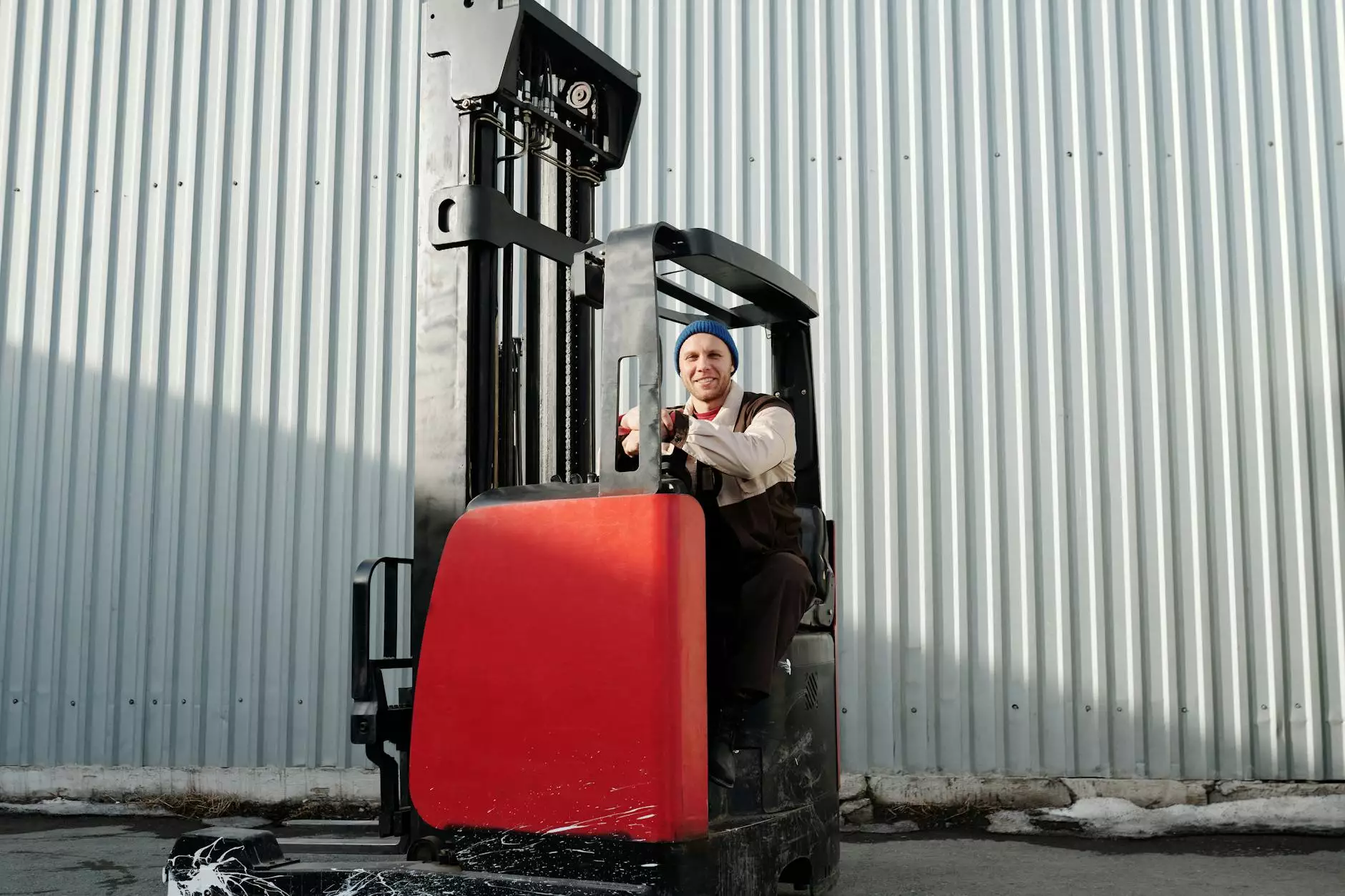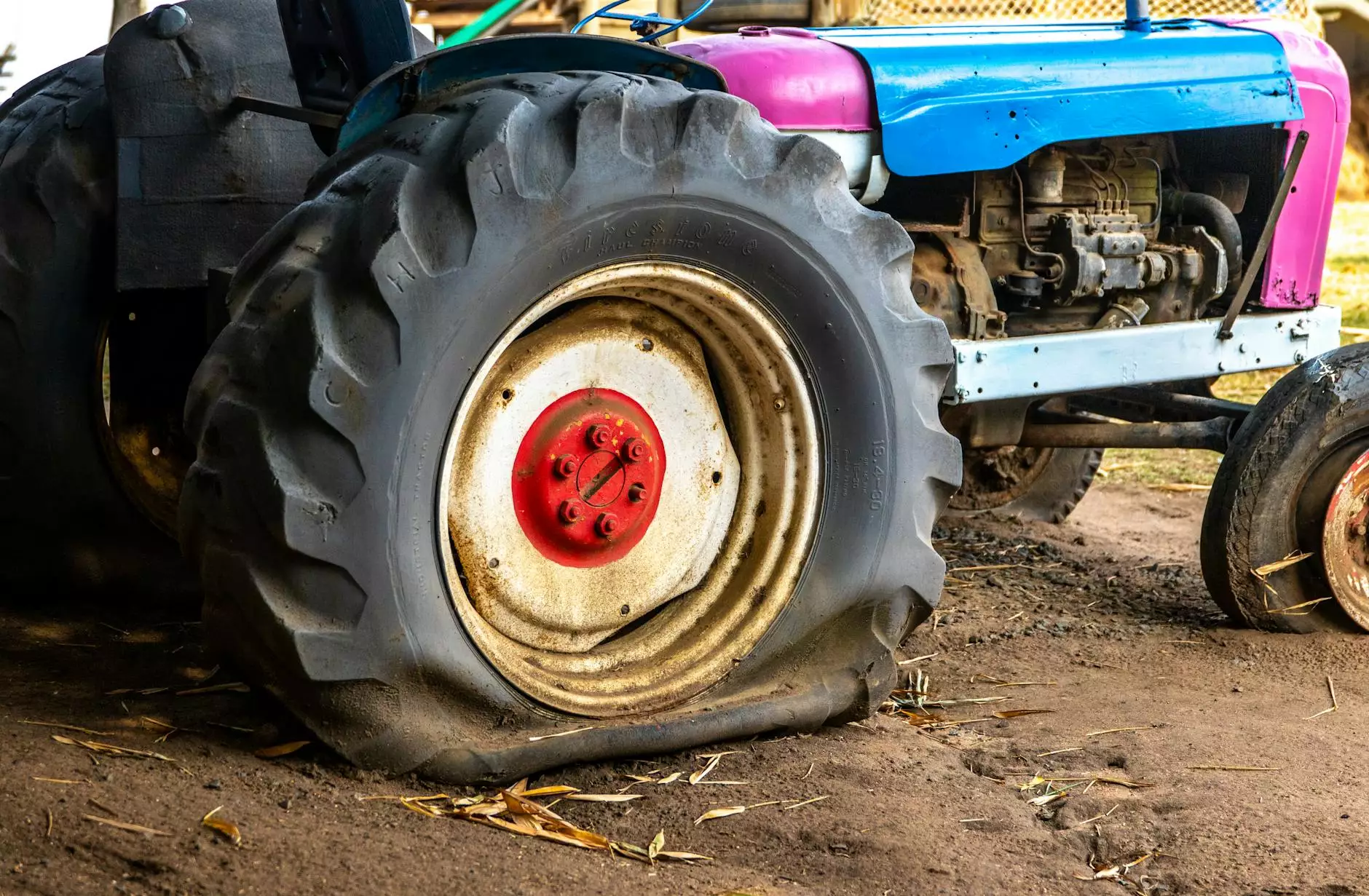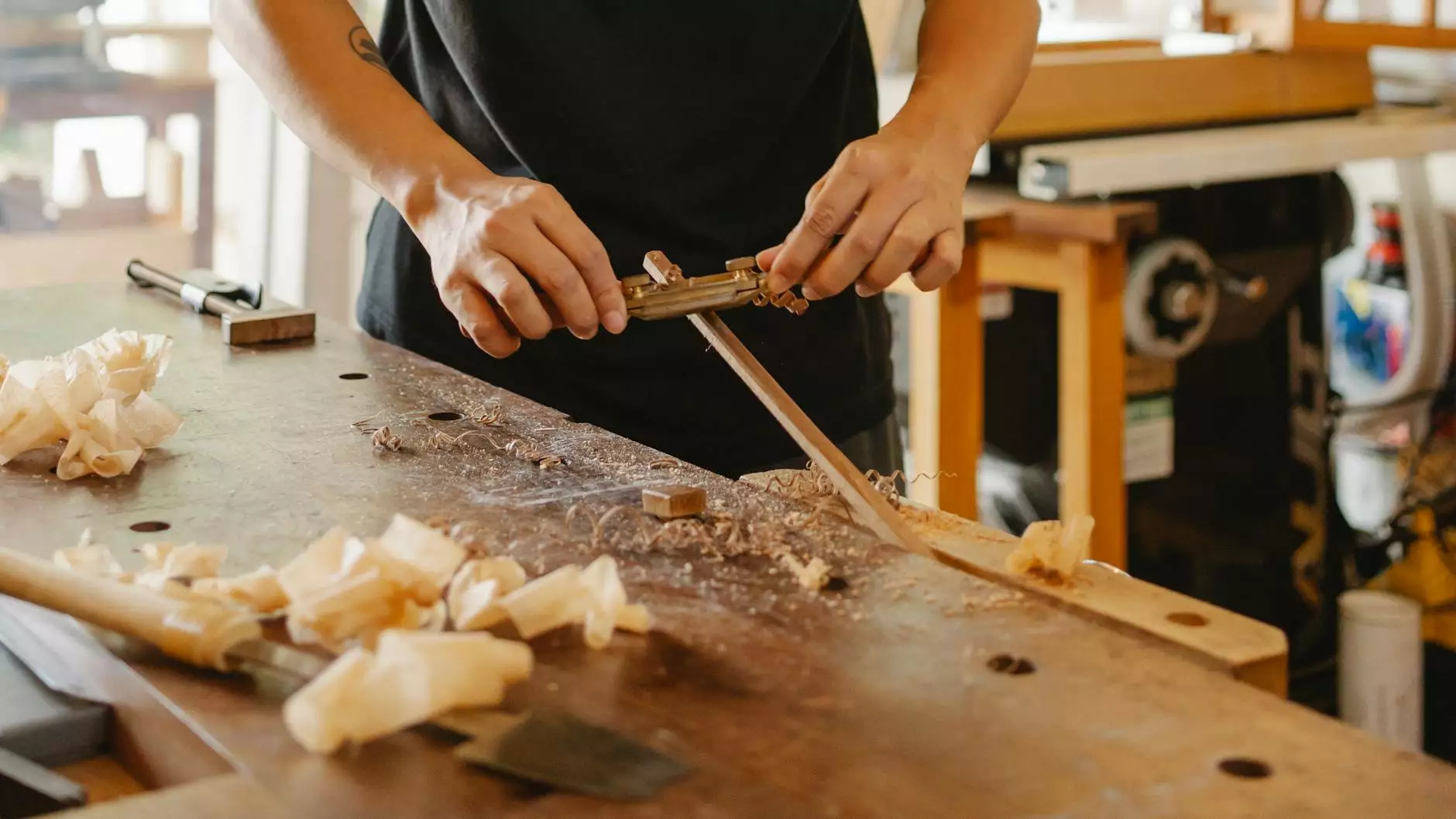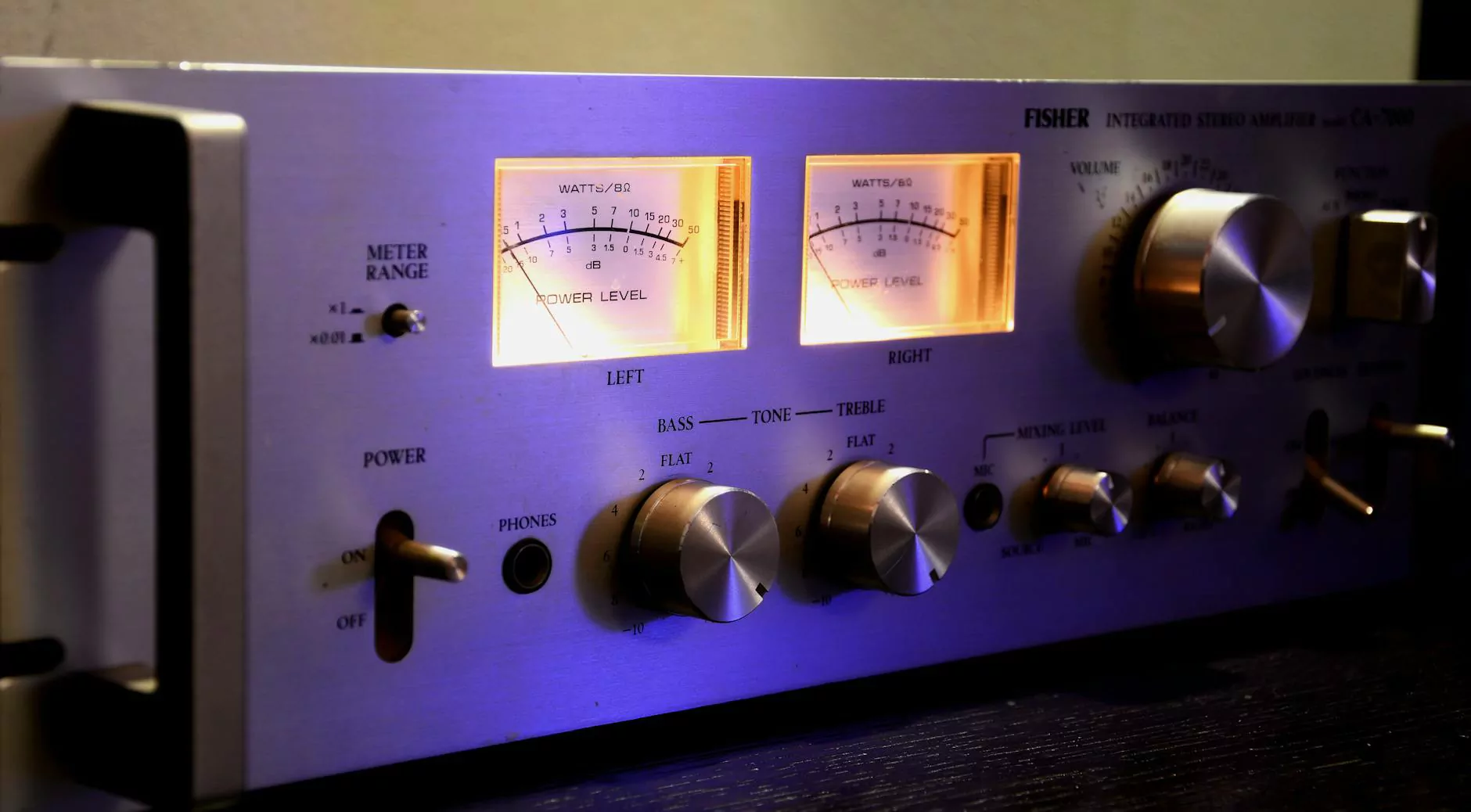The Ultimate Guide to Plaster Pool Maintenance

When it comes to maintaining your swimming pool, plaster pool maintenance is a crucial aspect that ensures both the durability and aesthetic appeal of your oasis. Plaster finishes are common in many pools due to their smooth surface and ability to withstand elements. However, over time, these surfaces can wear down if not properly maintained. This guide will delve deep into effective practices for plaster pool maintenance and the essential steps necessary to keep your pool in top condition.
Understanding Plaster Pools
Plaster is one of the most traditional materials used in pool construction. It is made from a mixture of cement, water, and marble dust, providing a durable surface. However, with this durability comes a responsibility to maintain it. Fresh plaster pools may not show issues immediately, but neglecting maintenance can lead to problems such as:
- Stains: These can result from organic materials or chemicals in the water.
- Etching: Roughness caused by improper chemical balance.
- Cracks: Structural failures due to ground movement or freezing temperatures.
- Discoloration: Fading due to UV exposure and improper maintenance.
Regular Maintenance Routine
Establishing a regular maintenance routine is essential to prolong the life of your plaster pool. Here are the steps you should follow:
Weekly Maintenance
During the swimming season, perform these tasks weekly:
- Check and balance the pool's chemical levels. Ideal pH levels for plaster pools range from 7.2 to 7.6.
- Brush the walls and bottom of the pool with a pool brush to remove algae and debris.
- Vacuum the pool to eliminate dirt and other particles that brushing might miss.
- Skim the surface to remove leaves and debris before it sinks.
- Check the skimmer and pump baskets for clogs.
Monthly Maintenance
In addition to weekly upkeep, monthly tasks should include:
- Inspecting the pool tiles and grout for any signs of wear or damage.
- Testing total alkalinity and calcium hardness. Maintain calcium hardness between 200-400 ppm.
- Checking and cleaning the filter system, ensuring it functions efficiently.
Seasonal Maintenance
At the beginning and end of each season, perform these maintenance checks:
- Drain and clean the pool if needed.
- Inspect for any cracks or damage that may have occurred during the off-season.
- Cover the pool to protect it from winter debris and harsh weather.
Chemical Balancing for Plaster Pools
Proper chemical balancing is perhaps the most critical aspect of plaster pool maintenance. An unbalanced pool can lead to etching of the plaster surface and significantly shorten its lifespan. Here's how to maintain balance:
Essential Chemical Levels
Regularly monitor and adjust the following chemistry levels:
- pH Level: As previously mentioned, keep the pH between 7.2 and 7.6.
- Chlorine Levels: Ideal free chlorine levels should be between 1-3 ppm.
- Alkalinity: Maintain total alkalinity between 80-120 ppm.
- Calcium Hardness: Important to prevent etching; keep it between 200-400 ppm.
Dealing with Common Plaster Pool Problems
Even with proper maintenance, you may encounter problems with your plaster pool. Here are some common issues and their solutions:
Stains and Discoloration
If your plaster pool walls develop stains or discoloration, follow these tips:
- Identify the source: Organic stains, metal stains, or rust.
- Use appropriate cleaning agents designed for plaster pools for stains: For organic stains, a combination of ascorbic acid and Vitamin C tablets can help.
Cracking and Chipping
For cracks or chips in plaster, quick action is necessary:
- Small cracks can often be repaired with a plaster patching compound.
- For larger structural issues, consult a professional to assess the damage and repair properly.
Hiring a Professional for Expert Plaster Pool Maintenance
While routine care can often be managed by pool owners, there are times when hiring a professional is essential. Professional services can provide:
- Thorough cleaning and maintenance that ensures no area is overlooked.
- Expert advice on long-term care and preservation of your plaster surface.
- Access to specialized equipment and chemicals for difficult problems.
- Regular monitoring that can catch issues before they escalate.
Conclusion: Maintaining Your Plaster Pool for Enduring Enjoyment
In conclusion, plaster pool maintenance is essential for anyone wanting to enjoy their swimming pool for years to come. By adhering to a strict maintenance routine, closely monitoring chemical levels, and addressing any issues promptly, you can keep your plaster pool looking beautiful and functioning effectively. Whether you tackle the tasks personally or enlist the help of professionals like those at poolrenovation.com, committing to comprehensive maintenance will undoubtedly enhance your swimming experience. Start today, and dive into the pleasures of a well-maintained plaster pool!









